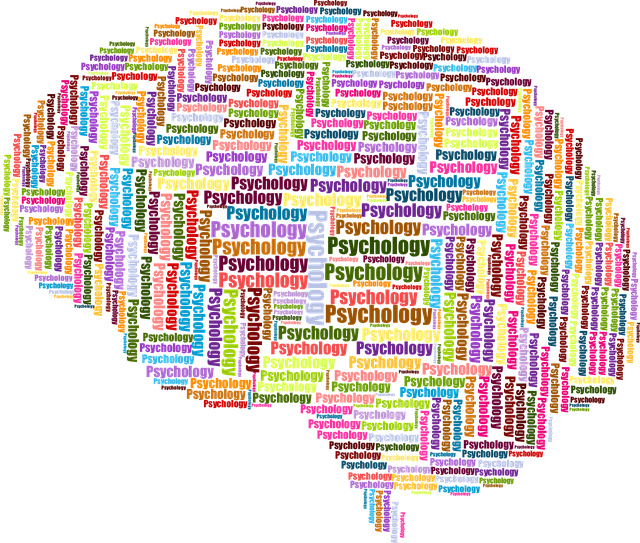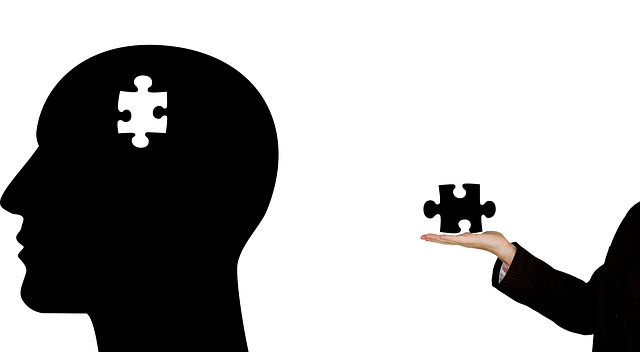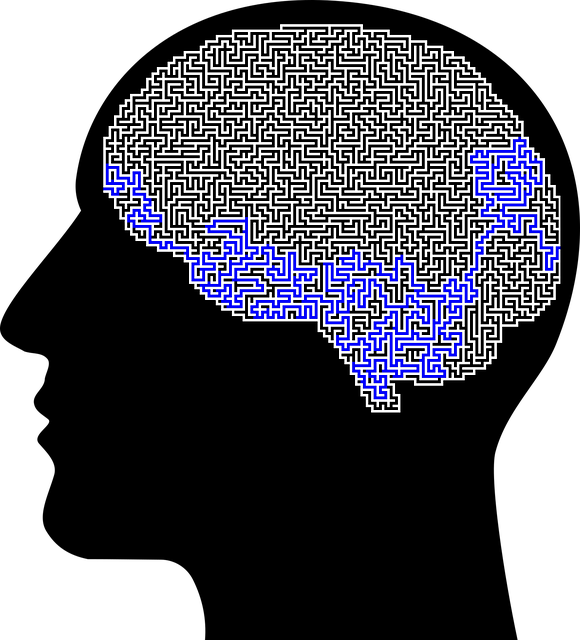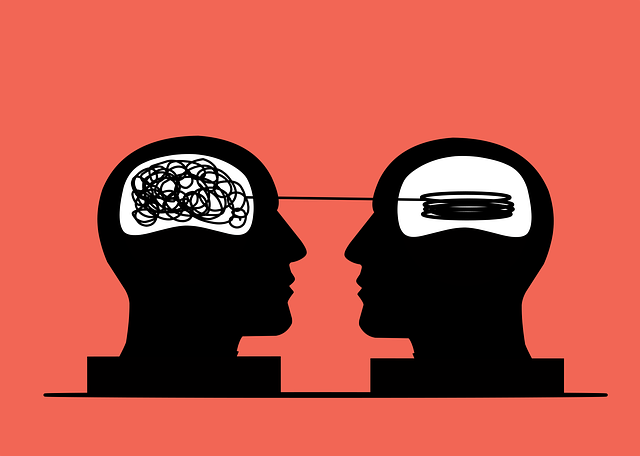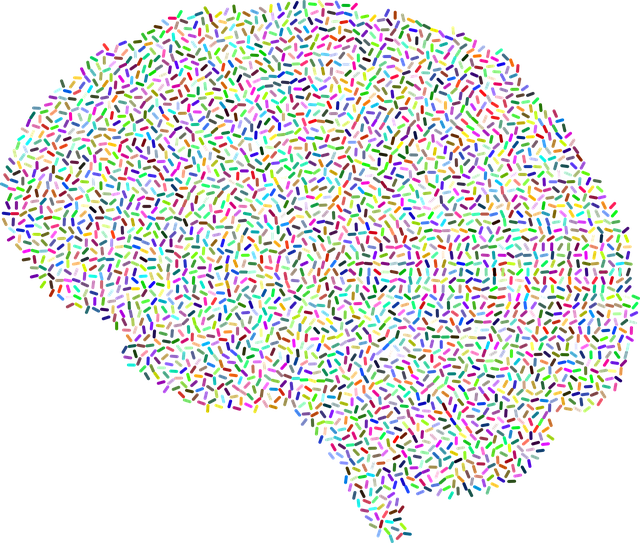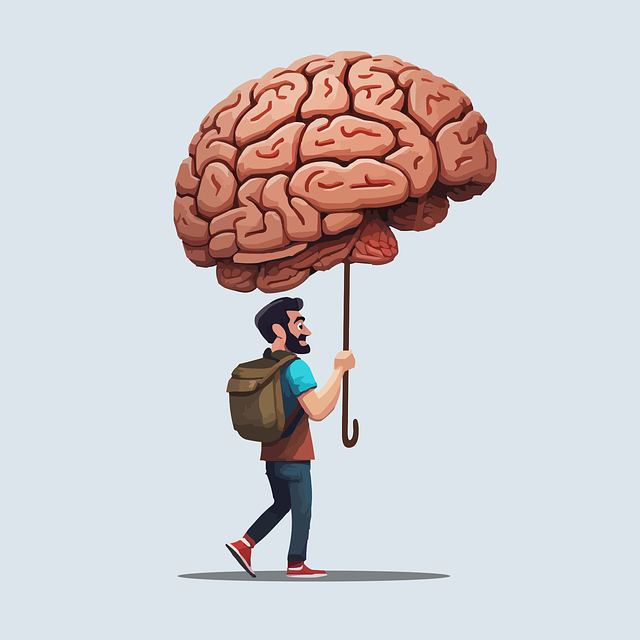Northglenn EMDR Certified Therapy offers a powerful, holistic approach to mental wellness coaching, combining EMDR techniques with traditional coaching methods. This innovative therapy equips individuals with tools to process trauma, regulate emotions, and advocate for their emotional well-being across life domains. By facilitating traumatic memory resolution and enhancing self-awareness exercises, it empowers clients to build resilience, improve coping mechanisms, and achieve better mental wellness. Rigorous assessments and ongoing progress tracking ensure tailored strategies for optimal emotional healing, making Northglenn EMDR Certified Therapy a crucial component in achieving excellent client outcomes and promoting broader Mental Health Awareness.
“Mental wellness coaching programs are gaining prominence as essential tools for promoting holistic well-being. This article delves into the comprehensive development of such programs, highlighting the pivotal role of Northglenn EMDR Certified Therapy in modern coaching practices. We explore key components, evidence-based techniques, and assessment strategies to ensure optimal client outcomes. By integrating these components, mental wellness coaches can create impactful programs that foster significant personal growth and resilience.”
- Understanding Mental Wellness Coaching: A Comprehensive Approach
- The Role of Northglenn EMDR Certified Therapy in Modern Coaching
- Designing Effective Coaching Programs: Key Components and Strategies
- Integrating Evidence-Based Techniques for Optimal Client Outcomes
- Measuring Success: Assessment, Tracking Progress, and Program Improvement
Understanding Mental Wellness Coaching: A Comprehensive Approach

Mental wellness coaching is a comprehensive approach that goes beyond traditional therapy. It focuses on empowering individuals to develop resilience and navigate life’s challenges with greater ease. Through tailored strategies, coaches help clients uncover underlying beliefs, emotions, and thought patterns that may be hindering their mental well-being. The goal is not just to treat symptoms but to foster lasting change, enabling folks to lead more fulfilling lives.
In the context of Northglenn EMDR Certified Therapy, this approach leverages specialized techniques like Eye Movement Desensitization and Reprocessing (EMDR) to help individuals process traumatic memories and reduce their impact. By combining EMDR with communication strategies, crisis intervention guidance, and compassion cultivation practices, coaches create a supportive environment that encourages exploration, healing, and personal growth.
The Role of Northglenn EMDR Certified Therapy in Modern Coaching

In the realm of modern coaching, Northglenn EMDR Certified Therapy stands as a game-changer for mental wellness programs. This innovative approach combines Eye Movement Desensitization and Reprocessing (EMDR) techniques with coaching methodologies to address deep-seated emotional issues effectively. By facilitating emotional regulation and enhancing mental health policy analysis and advocacy, this therapy empowers individuals to overcome past traumas and challenges that may be hindering their personal growth.
The integration of Northglenn EMDR Certified Therapy in coaching sessions offers a unique advantage by tapping into the brain’s natural healing mechanisms. Through targeted eye movements and guided processes, clients can process traumatic memories and negative beliefs, leading to profound changes in their mental wellness. This approach not only supports individual transformation but also prepares them to advocate for their emotional well-being in various aspects of life, including work, relationships, and community settings.
Designing Effective Coaching Programs: Key Components and Strategies

When designing effective mental wellness coaching programs, incorporating evidence-based practices like Northglenn EMDR Certified Therapy is essential. This therapeutic approach has proven successful in treating trauma and enhancing overall mental wellness. By integrating techniques such as bilateral stimulation, clients can achieve profound insights and emotional healing. A well-structured program should include a comprehensive assessment to understand individual needs, followed by tailored interventions targeting specific areas of struggle.
Key components include establishing clear goals, using interactive Self-Awareness Exercises to promote reflection, and incorporating strategies for stress management. Regular sessions with a skilled coach facilitate progress tracking and adjustment. By combining these elements, coaching programs can effectively empower individuals to develop resilience, improve coping mechanisms, and cultivate a deeper sense of self-care, ultimately leading to enhanced mental wellness.
Integrating Evidence-Based Techniques for Optimal Client Outcomes

In the realm of mental wellness coaching, integrating evidence-based techniques is paramount for achieving optimal client outcomes. Northglenn EMDR Certified Therapy, for instance, has garnered recognition as a powerful tool in promoting emotional well-being. By combining techniques like Eye Movement Desensitization and Reprocessing (EMDR) with other validated approaches, coaches can create personalized programs that effectively address a wide range of mental health challenges. This holistic approach not only facilitates the resolution of traumatic memories but also enhances self-awareness exercises, empowering individuals to navigate their emotional landscapes with greater ease.
Furthermore, integrating these evidence-based practices contributes to the broader Mental Health Awareness efforts. Through tailored coaching sessions, clients develop coping strategies that support their long-term mental health and resilience. Emotional well-being promotion techniques, when delivered by trained professionals, can lead to profound transformations in individuals’ lives. By embracing these methodologies, mental wellness coaches play a pivotal role in fostering a society where emotional balance and overall mental health are prioritized and sustained.
Measuring Success: Assessment, Tracking Progress, and Program Improvement

Measuring success in mental wellness coaching is a multifaceted process that involves rigorous assessment and ongoing tracking of client progress. Northglenn EMDR Certified Therapy, for instance, relies on standardized tools to evaluate initial mental health states and subsequently gauge improvements. These assessments not only help identify specific areas needing attention but also provide benchmarks for program effectiveness. By comparing pre-and post-program evaluations, coaches can quantify the impact of their interventions.
Regular progress tracking is integral to iterative program improvement. Through frequent check-ins, client feedback, and self-care practice assessments, coaches gain valuable insights into what works best for different individuals. This data-driven approach allows for adjustments in coaching strategies, ensuring that Emotional Healing Processes are tailored to meet the unique needs of each client. Ultimately, continuous evaluation fosters the development of more robust Mental Wellness Coaching Programs, enhancing their ability to support and empower individuals on their journey towards holistic well-being.
Mental wellness coaching programs have evolved to become powerful tools in fostering resilience and enhancing overall well-being. By integrating evidence-based techniques, such as those offered by Northglenn EMDR Certified Therapy, coaches can create personalized strategies that address the unique needs of their clients. The development of comprehensive programs, coupled with continuous assessment and improvement, ensures optimal client outcomes. This holistic approach not only equips individuals with coping mechanisms but also empowers them to lead more fulfilling lives.

